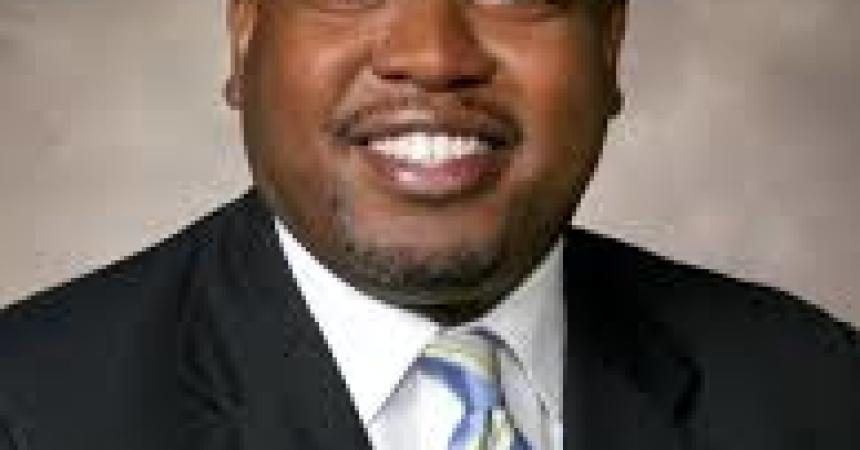
Speakers: Young people need loudeSpeakers: Young people need louder voice in civil rights movementr voice in civil rights movement
By St. Clair Murraine
Outlook staff writer
One theme resounded during an evening of celebrating the 60th anniversary of the bus boycott in Tallahassee: Young people need to be more engaged in the fight against civil injustices.
Just like the college students who were the driving force behind the bus boycott that still resonates today.
FAMU students Carrie Patterson and Wilhemina Jakes took the lead in 1956, deciding that their dime was the same as any White passenger’s and they should sit anywhere on a city bus that served their campus.
Joe Spagna, an FSU student who became the first White person arrested for protesting segregation on the buses, also played a significant role in the boycott.
The remembrance event held at Trinity United Presbyterian Church this past Thursday night, also was used as an occasion to recognize significant places during the time of the boycott. FAMU, FSU, Bethel Missionary Baptist Church, Bethel AME Church and Trinity were presented with proclamations from mayor Andrew Gillum. City commissioner Curtis Richardson presented the honors.
The initiative shown by the students that brought about the bus boycott is the same that today’s young people have to demonstrate, Kenneth Pratt, the event’s keynote speaker, told the audience. There should be a sense of urgency in bringing that about, Pratt said.
“If you ask young folks today who are your local government leaders, your state leaders, your national leaders; they may be able to say President Obama and that’s about it,” Pratt said. “Unfortunately they don’t know all of the local folks. They don’t know commissioner Curtis Richardson (and) they don’t know the Leon County commissioners. They don’t know the folks who affect their lives on a daily basis.
“It is important we know our community leaders. We have to teach our children about civics and what happens at these different levels of government.”
The bus boycott eventually became a movement that involved more than just students, catching the interest of Black clergy and businessmen. Led by Rev. C.K. Steele, they formed the Inter-Civic Council, which helped to prolong the protest for more than six months.
Their effort led to the city passing an ordinance that prevented Blacks and Whites from sitting together. Spagna, FAMU students Johnny Herndon and Leonard Speed, set out to prove that the plan wasn’t the answer by switching seats.
The move resulted in their arrest.
One of the ministers who took up the cause, was Rev. Joseph Metz Rollins Jr., pastor at Trinity. He along with several others received death threats, while Rollins also was cut off financially by the church.
The travail of Rollins and all the others involved is a legacy worth carrying on, Pratt said.
“We honor more than just these folks,” he said. “We honor the sacrifices that they made. In many cases, their dignity (and) in many instances they gave their lives for this movement.”
Rev. Lee Johnson, current pastor at Trinity, reiterated the importance of having young people at the forefront of today’s movement for change. He pointed to on-going police-involved shootings of young Black men to make his case.
“We’re facing stuff in the same way as those men,” Johnson said. “They got together and said we’ve had enough and that’s the same attitude that we want our young folks to know and to have.”
“Look at Charlotte; look at Tulsa. The struggle is still there. It may not be buses, but right now it’s police excessive force and police murdering our young Black men. It’s another battle but the struggle is still the same.”
But Shauna Smith, who gave an overview of the bus boycott, said moving forward will take some effort. She made her point by referring to a quote by digital artist Michael Boback.
“All progress takes place outside the comfort zone,” Boback’s quote read.
Smith went on to say that there is value in the profound statement.
“It embraces some of the struggles and risks that people took for us,” she said. “Beginning with Carrie Patterson and Wilhemina Jakes; the FAMU students.”








